Scott West Sentenced to 42 Years in U.S. Prison for Orchestrating Global Child Exploitation Network: Landmark Case Uncovers International Abuse and Sparks Outcry for Digital Safeguards
WASHINGTON, D.C. — June 28, 2025 — In a ruling that has reverberated across continents, Scott West, a 40-year-old man from Salford, England, has been sentenced to 42 years in a U.S. federal prison for masterminding one of the most disturbing and far-reaching child exploitation networks ever uncovered. The sentence, handed down by a federal court in Washington, D.C., marked the culmination of a years-long investigation involving multiple international law enforcement agencies and cybercrime units.
The case, described by officials as “unprecedented in scope and severity,” has shaken both American and British communities and reignited global discussions about child safety in the digital age, the dark web’s insidious role in online exploitation, and the urgent need for coordinated international efforts to protect vulnerable minors.
A Crime That Crossed Borders and Broke Trust
Authorities revealed that the abuse orchestrated by West spanned multiple years and impacted victims across both the United States and the United Kingdom. The victims, all underage boys, were targeted through a complex web of deception, coercion, and technological manipulation. Using encrypted communication channels, fake identities, and carefully designed grooming tactics, West cultivated an online environment where children were deceived, exploited, and abused—often without immediate detection.
His operation exploited the anonymity of the internet, specifically through dark web platforms, forums, and private servers, allowing him to evade law enforcement for years. The eventual unmasking of his identity was the result of an extensive international investigation that included collaboration between the FBI, U.S. Department of Homeland Security, UK’s National Crime Agency (NCA), and other cyber forensics experts.
Shocking Details Emerge from the Trial
During the federal trial, prosecutors painted a chilling picture of West’s operations. Evidence presented in court included thousands of encrypted files, chat logs, and illicit media, all of which underscored the premeditated and methodical nature of his crimes. Courtroom testimonies from law enforcement agents described how West operated under multiple aliases and used software tools to conceal his digital footprint.
Officials disclosed that West leveraged manipulation tactics to coerce minors into compliance, often by pretending to be a peer or authority figure. Once he gained the trust of victims, he would escalate interactions, trapping them in cycles of shame, fear, and dependency. Some victims were further targeted through blackmail—threatened with exposure if they refused to comply with his demands.
One of the most distressing aspects of the case was the revelation that West sold access to some of the illicit material he obtained, monetizing the abuse and extending harm to an even broader network of perpetrators. Authorities emphasized that this wasn’t just a case of individual misconduct—it was a global criminal enterprise.
Justice Delivered: A Historic Sentencing
The sentence delivered by the U.S. District Court judge was unequivocal. In addition to the 42-year prison term, West was ordered to pay restitution to victims and will be permanently listed on international offender registries. The court emphasized that the sentence reflected the gravity of West’s crimes and the irreversible damage inflicted on countless lives.
Legal experts have hailed the sentencing as a landmark decision. It not only ensures that West will never again have access to vulnerable individuals, but also sends a resounding message about the severity with which the U.S. judicial system views international crimes against children.
“This verdict marks a turning point,” said one prosecutor. “No one, no matter where they are in the world, should believe they can exploit children and hide behind a screen without consequences.”
A Network Dismantled, but the Work Continues
The international effort to dismantle West’s network revealed a disturbing truth: he was not operating alone. While he was the central figure, law enforcement agencies confirmed that the investigation led to the identification of additional suspects across several countries. Arrests have since been made in the U.K., Germany, and Canada, among others, and several open cases remain under active investigation.
The digital evidence recovered from West’s systems is now forming the basis for further action against other individuals who accessed or distributed the illegal material. Task forces dedicated to digital crimes against children are using the data to identify victims, notify families, and extend mental health support to those impacted.
Victim advocacy organizations, many of whom played a crucial role in assisting law enforcement during the investigation, have reaffirmed their commitment to pushing for broader legislative protections and better digital safety education for youth and parents alike.
A Global Wake-Up Call: Closing Loopholes in Online Protection
West’s conviction has reignited urgent conversations around internet safety, child exploitation laws, and tech industry responsibility. Experts argue that while this case represents a major victory, it also highlights glaring gaps in the way online activity is monitored and regulated.
Critics have pointed out that the platforms and tools used by West—many encrypted and decentralized—are still widely accessible and largely unregulated. Calls are intensifying for legislation that requires companies to implement better safeguards, such as AI-powered moderation tools, stricter age verification, and prompt reporting of suspicious content to authorities.
Some lawmakers in both the U.S. and U.K. have already introduced new proposals aimed at strengthening child protection laws in the wake of the case. These include mandatory reporting of online abuse, expanded funding for cybercrime enforcement, and cross-border agreements to improve law enforcement collaboration.
The Impact on Victims and Families
Perhaps the most lasting legacy of this case lies in the silent pain carried by the survivors and their families. Victim statements presented during the sentencing painted a picture of deep emotional trauma—children who withdrew from school, suffered anxiety disorders, and struggled with self-worth as a result of the abuse.
Counseling services and survivor support networks are now playing a critical role in helping victims recover. Mental health professionals emphasize that healing is a long and often painful process but stress that justice and support can make a meaningful difference.
Several victim advocacy groups have stepped forward to assist families affected by the case, providing legal support, trauma-informed therapy, and long-term counseling. They also continue to educate communities about the signs of online grooming and exploitation, equipping parents and educators with tools to protect children in a digital age.
International Cooperation: A Blueprint for Future Investigations
The success of the case is also being credited to the unprecedented level of cooperation between American and international authorities. From digital forensics to cross-border data sharing, agencies worked seamlessly to piece together a sprawling case that spanned continents and jurisdictions.
Cybersecurity specialists involved in the case stated that new breakthroughs in artificial intelligence and machine learning played a significant role in identifying patterns and decrypting communications. These innovations are now being integrated into other investigations aimed at dismantling similar online exploitation rings.
Leaders in global child protection initiatives have called the case “a blueprint for future collaboration,” showing that with persistence, technology, and partnership, even the most hidden criminals can be found and held accountable.
Moving Forward: Prevention, Awareness, and Vigilance
While Scott West’s sentencing marks the end of one chapter, the broader story of online child protection is far from over. This case has illuminated just how quickly technology can be weaponized—and how urgently society must respond.
Parents are encouraged to talk openly with their children about internet safety, monitor online interactions, and use privacy settings wisely. Schools are being urged to incorporate digital safety into their curricula. And governments are being held accountable for ensuring that tech companies do not allow anonymity to become a shield for criminal behavior.
The tragedy of West’s crimes is profound. But in the wake of devastation, there is also hope—hope that global awareness, strong legal consequences, and resilient survivors can pave the way for a future where every child feels safe, protected, and empowered.
Conclusion
Scott West’s 42-year sentence will keep him behind bars for the rest of his natural life. But the legacy of this case will echo far beyond the courtroom. It has sparked a necessary reckoning with how society protects its most vulnerable in the digital age. It has reminded the world that silence and delay can come at a terrible cost.
And above all, it has shown that when communities, countries, and courageous individuals stand together, justice can prevail—even against the darkest crimes.

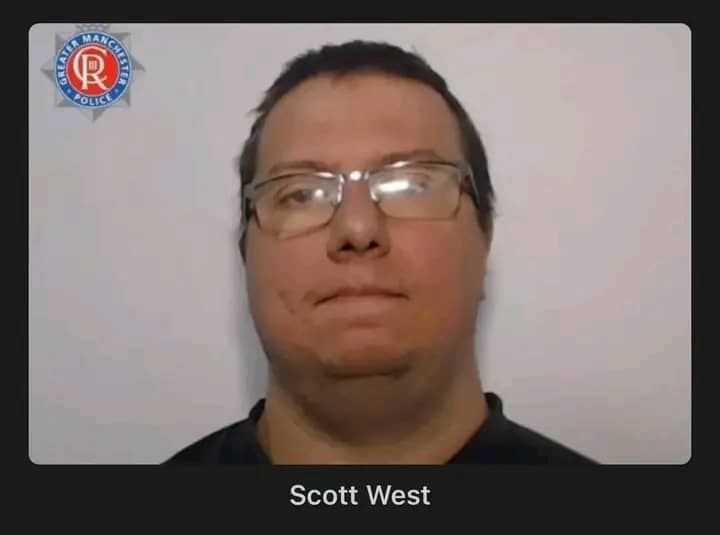

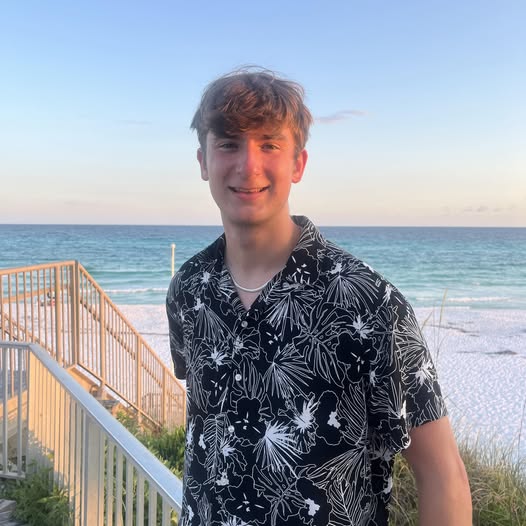

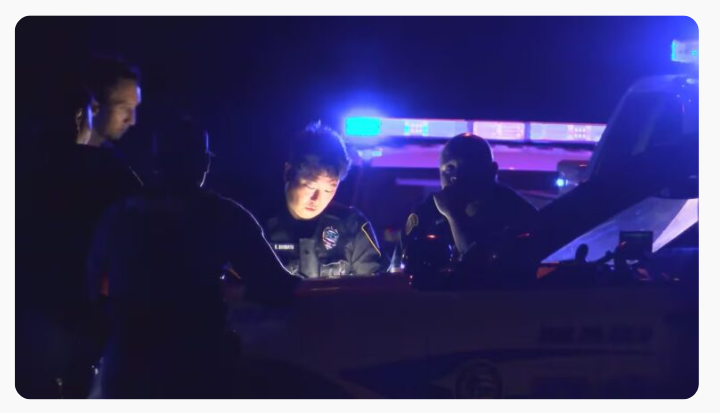
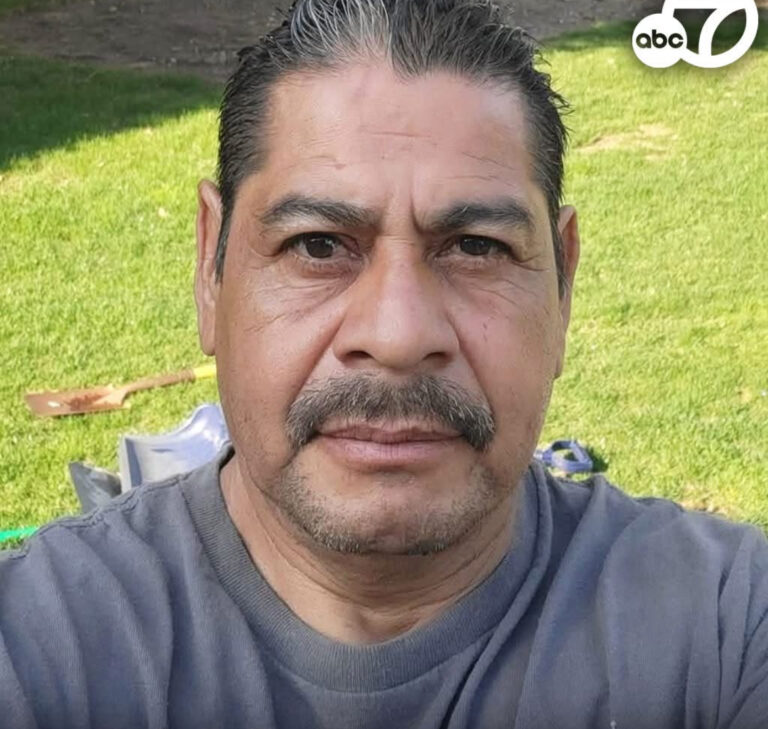

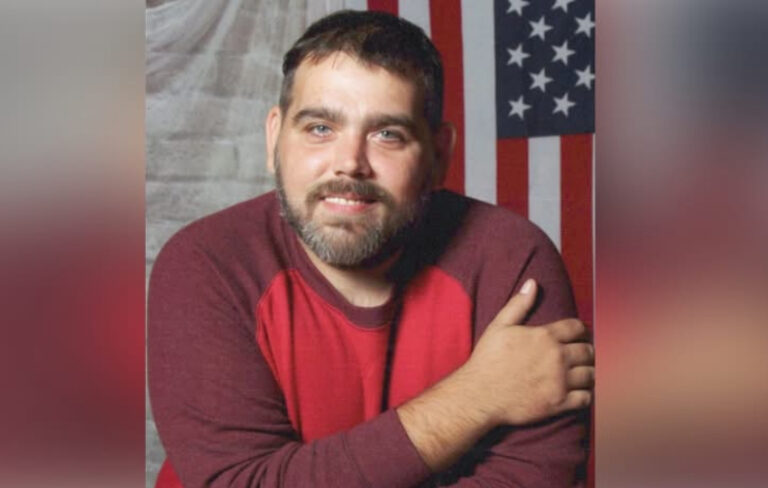


Leave a Reply